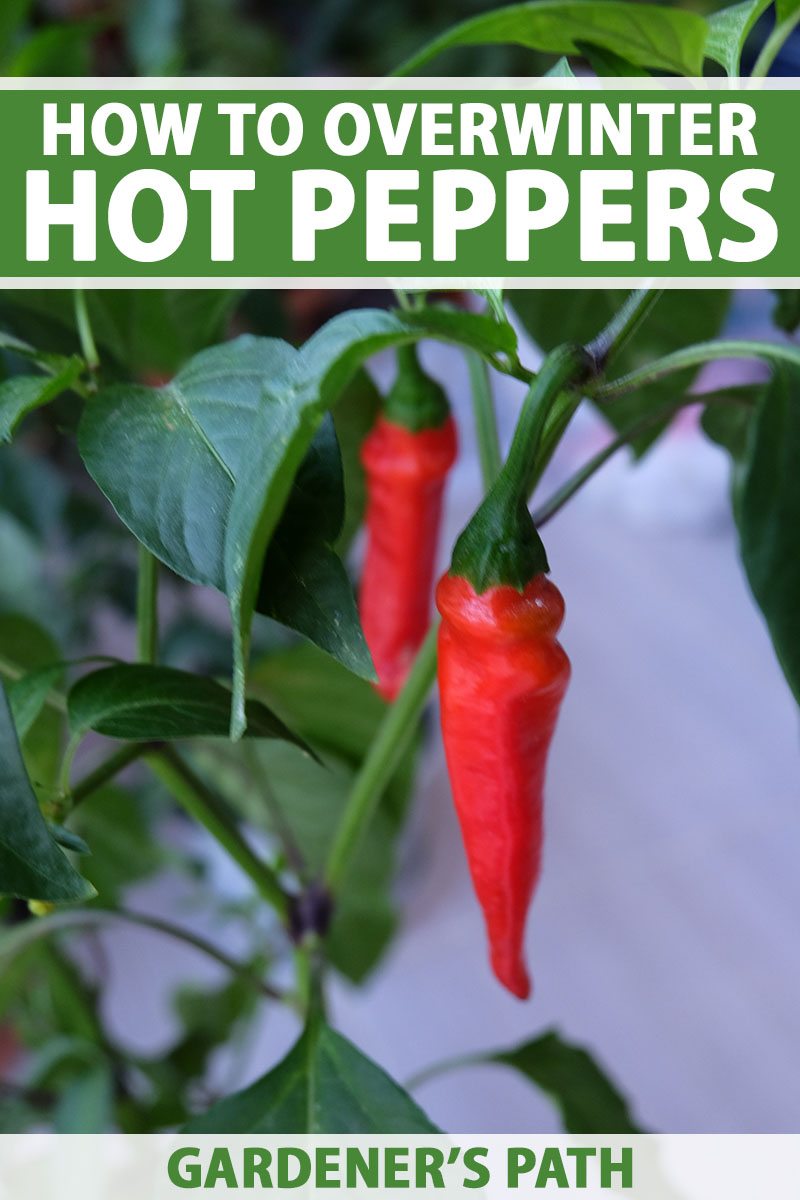Explore the Best Fertilizers for Peppers and Enhance Your Garden's Yield
Explore the Best Fertilizers for Peppers and Enhance Your Garden's Yield
Blog Article
The Ultimate Guide to Feeding Peppers: Enhancing Growth and Flavor Naturally
As pepper enthusiasts look for to cultivate durable plants yielding savory fruits, the duty of fertilization becomes extremely important in attaining these goals. By exploring the advantages of all-natural fertilizers, unlocking the secrets behind pepper plant nutrient requires, and diving into the world of natural plant food choices, a globe of possibilities emerges for enhancing the vitality and flavor profile of these precious plants.
Benefits of All-natural Plant Foods
All-natural fertilizers supply a range of advantages that contribute to the general wellness and performance of pepper plants. By enhancing the dirt with natural matter, such as compost or manure, all-natural plant foods enhance its water retention capacity and nutrient-holding capabilities, creating a more congenial atmosphere for pepper plants to flourish in.
Additionally, natural fertilizers sustain a diverse and energetic soil microbiome, cultivating useful microbial task that assists in nutrient recycling and uptake by the plants. This microbial activity can aid suppress dangerous microorganisms and conditions, lowering the requirement for chemical interventions. In addition, natural fertilizers promote long-term soil health and wellness by preserving a balanced community underground, which subsequently sustains the general wellness and strength of pepper plants above ground.
Understanding Pepper Plant Nutrient Demands
Having established the advantages of organic plant foods in improving soil wellness and promoting microbial activity, the emphasis now shifts to comprehending the specific nutrient needs crucial for optimum growth and flavor in pepper plants.

Recognizing the particular nutrient needs of pepper plants is vital for achieving abundant harvests with superb flavor. By supplying the ideal balance of nutrients with natural fertilizers or soil modifications, cultivators can make sure healthy and balanced, vigorous plants that create delicious peppers throughout the expanding period.
Organic Plant Food Options for Peppers
In enhancing the growth and flavor of pepper plants, selecting the appropriate organic plant foods is a crucial factor to consider. Organic fertilizers use a lasting and all-natural way to nurture pepper plants without introducing unsafe chemicals to the soil and atmosphere. One prominent choice is garden compost, which improves the dirt with important nutrients and improves its structure, promoting healthy and balanced root growth and total plant development. Additionally, garden compost helps retain moisture in the dirt, reducing water stress on pepper plants during heat.
One more reliable natural plant food for peppers is aged manure. Rich in phosphorus, potassium, and nitrogen, aged manure supplies a balanced nutrient mix that supports energetic growth and abundant fruit manufacturing (best fertilizers for peppers). It is crucial to use well-aged manure to avoid burning the plants with excess ammonia
Fish emulsion is a fast-acting natural fertilizer that supplies pepper plants with a quick increase of nutrients. Originated from fish waste, this plant food is high in nitrogen, making it especially useful throughout the very early phases of pepper plant growth. Fish solution is very easy to apply and is conveniently absorbed by the plants, advertising healthy foliage and solid origin advancement.
When choosing an organic plant food for peppers, think about the particular nutrient needs of your plants and select alternatives that align with your horticulture practices and values.
Ideal Practices for Fertilizing Pepper Plant Kingdoms
Considering the significance of selecting ideal organic fertilizers for visit pepper plants, applying finest practices for fertilizing is important to make certain ideal development and flavor advancement. It is also vital to fertilize pepper plants at the appropriate time, normally before growing and during key development phases such as flowering and fruit development.
In addition, incorporating organic issue right into the dirt via compost or mulching can help enhance soil framework, water retention, and nutrition schedule, advertising much healthier pepper plants with boosted flavor profiles. By adhering to these ideal practices, you can properly nurture your pepper plants and achieve abundant harvests with remarkable preference and top quality.
Troubleshooting Common Fertilization Issues

pH discrepancy is an additional issue that can affect nutrient uptake in pepper plants. When the dirt pH is expensive or as well reduced, certain nutrients end up being unavailable to the plants. Consistently testing the soil pH and making changes using organic changes can aid preserve an appropriate pH degree for optimal plant development. Last but not least, irregular fertilizing practices can lead to unequal development and fruit growth. Establishing a regular fertilizing timetable and adhering to recommended application prices can help prevent this concern and make sure healthy pepper plants throughout the expanding season.
Conclusion
Finally, using all-natural fertilizers can significantly boost the growth and taste of pepper plants. By recognizing the nutrient needs of pepper plants and choosing organic plant food options, garden enthusiasts can effectively advertise healthy and vigorous development. Adhering to finest practices for feeding pepper plants and troubleshooting usual fertilizing concerns can aid make certain successful farming of peppers. In general, appropriate fertilizing techniques are important for optimizing the yield and top quality of pepper plants.
By checking out the advantages of natural fertilizers, opening the keys behind pepper plant nutrient needs, and delving into the world of organic fertilizer choices, a world of possibilities arises for improving the vigor and taste profile of these beloved plants.Fish emulsion is a fast-acting organic fertilizer that provides pepper plants with a fast increase their website of nutrients. It is additionally important to fertilize pepper plants at the best time, commonly before growing and throughout vital growth stages such as flowering and fruit growth.
By recognizing the nutrient requirements of pepper plants and selecting natural plant food choices, garden enthusiasts can effectively promote Visit This Link healthy and vigorous growth. Following best practices for fertilizing pepper plants and repairing common fertilization issues can help ensure effective farming of peppers.
Report this page